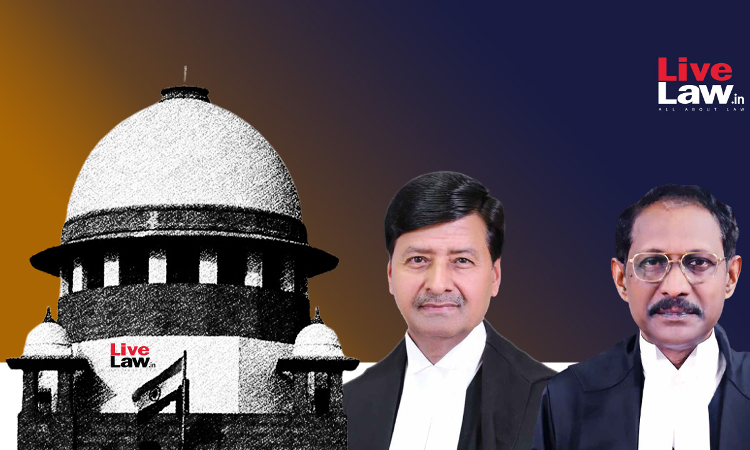Supreme Court Admits Plea Against Abolition Of State-Funded Madrassas In Assam
Awstika Das
1 Nov 2022 1:18 PM IST

Next Story
1 Nov 2022 1:18 PM IST
The Supreme Court of India on Tuesday admitted a special leave petition against a Gauhati High Court decision upholding a 2020 Assam Assembly law, according to which all state-run madrassas were to be converted into general educational institutions. The High Court was moved by the managing committees of madrassas in opposition to this law, on the ground that it violated Articles 29 and 30...
